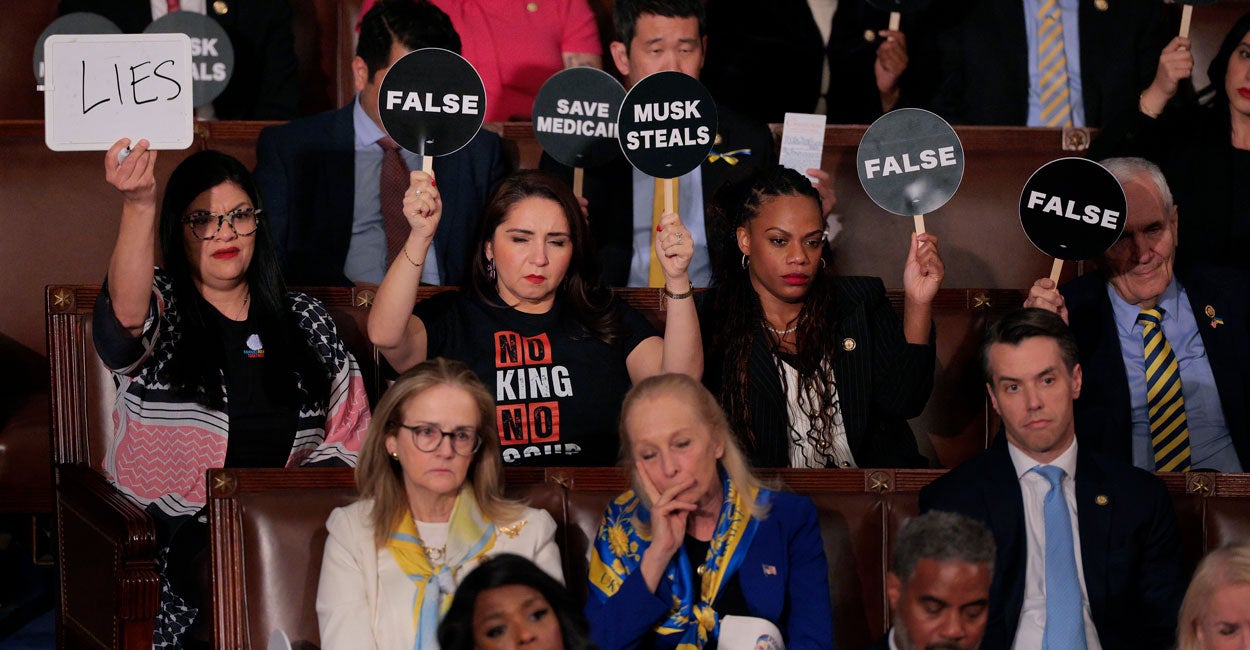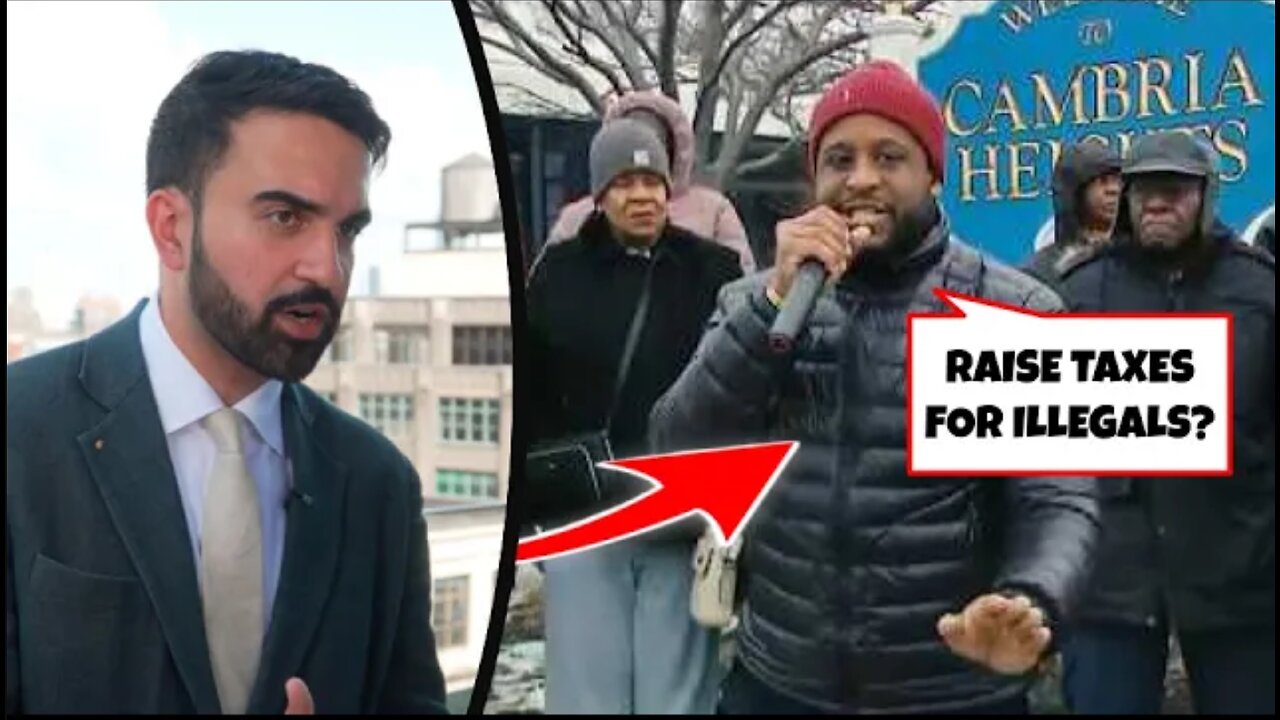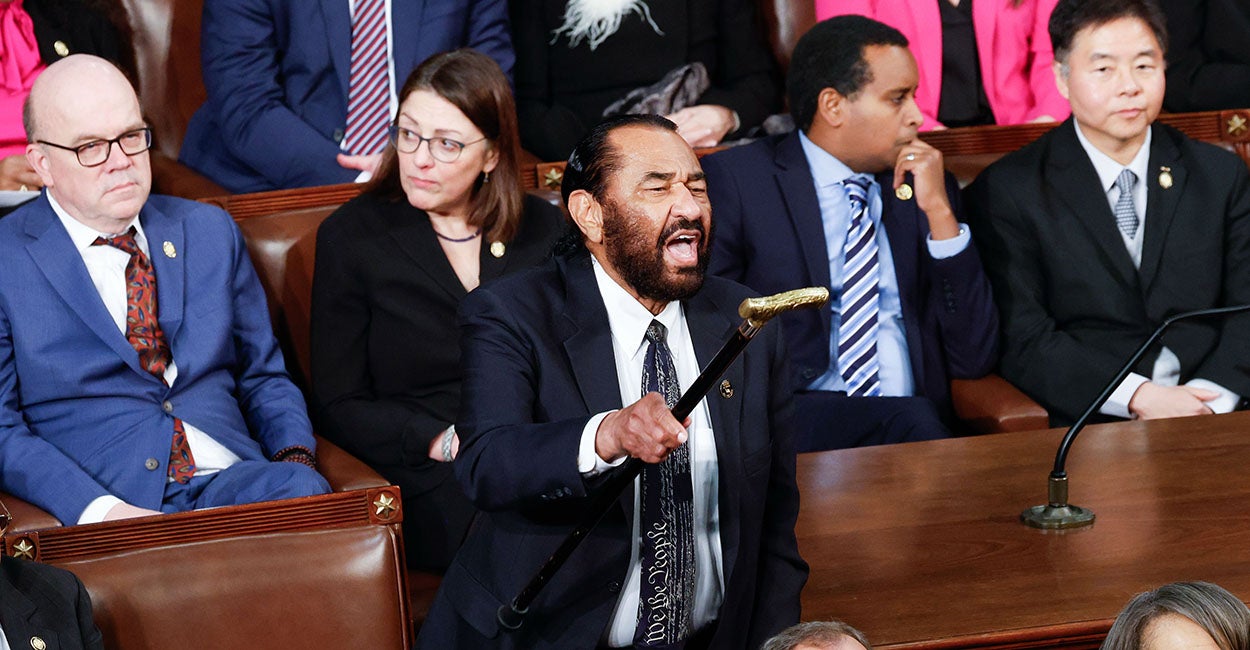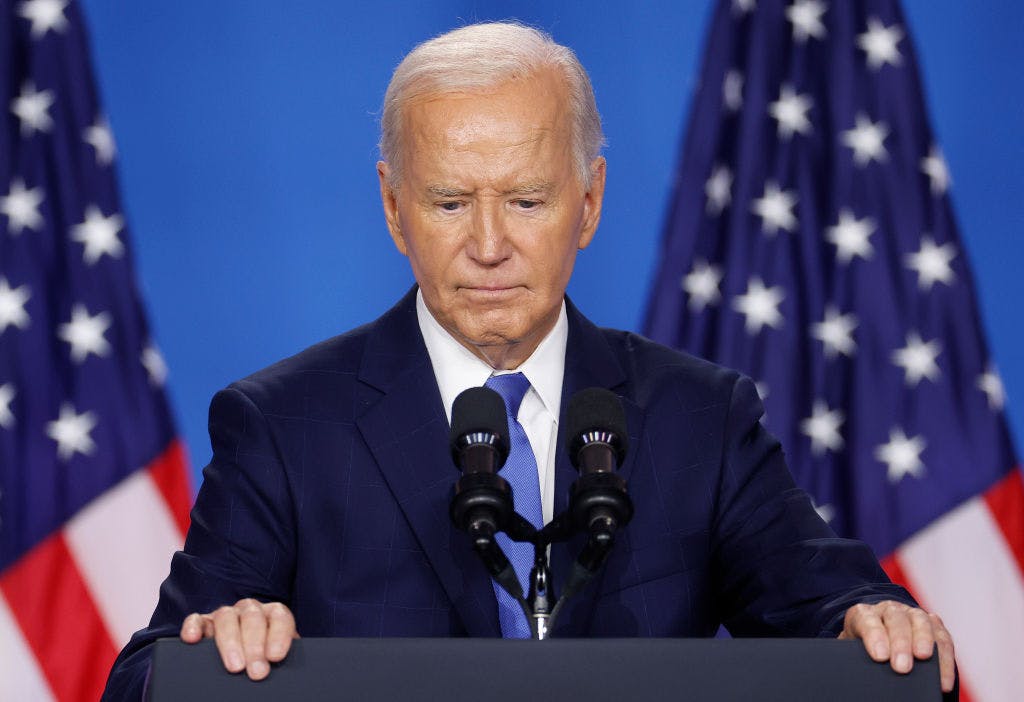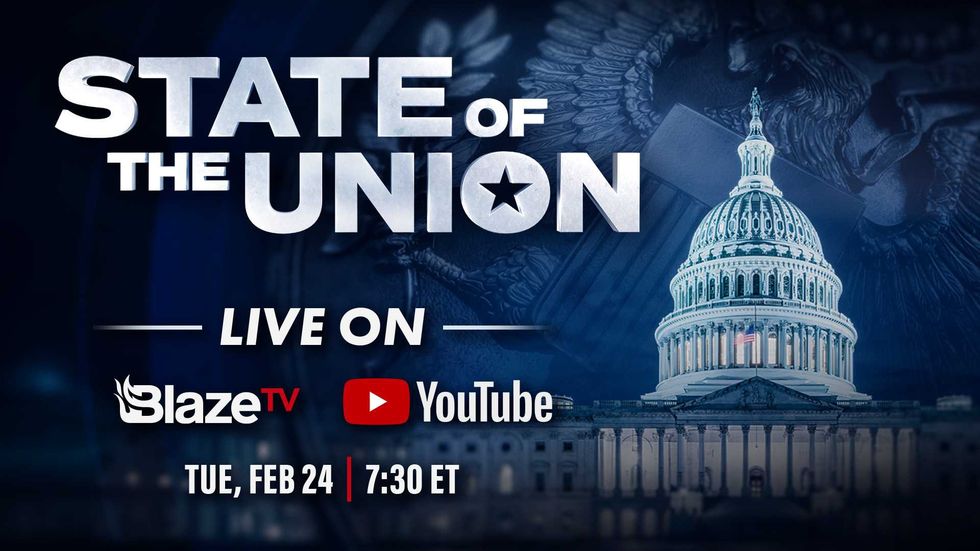Make mandatory minimums great again


When victims’ advocates push for mandatory minimum sentences, the leniency lobby instantly howls about “judicial discretion.” In theory, that's right: In a just society, judges should have the freedom to weigh every case, tailoring sentences to fit the crimes.
Live Your Best Retirement
Fun • Funds • Fitness • Freedom
But America doesn’t live in that society. We live in an era when violent crime floods major cities and leftist judges treat predators like misunderstood poets. In this environment, mandatory minimums aren’t cruel — they’re the only remaining safeguard for victims and the public.
It’s not enough to share viral videos of street mayhem. Lawmakers must change the laws.
Recent headlines show what happens when liberal judges turn mercy into malpractice.
- Charlotte’s revolving door: North Carolina Magistrate Judge Teresa Stokes released Decarlos Brown Jr., the alleged murderer of Ukrainian refugee Iryna Zarutska, despite his long arrest record. Her supervisor, Judge Roy Wiggins, then released Paulette Gibson, accused of stabbing two people, on just $20,000 bail — despite 15 prior arrests.
- Fifty arrests and counting: Herbert Jordan of Charlotte, arrested Oct. 16 for assaulting a woman, had 50 prior arrests, including 10 attacks on women since 2020. He had been released just weeks earlier on $3,000 bond for another violent assault. The judge’s response this time? Raise the bond to $5,000.
- A juvenile menace: A 15-year-old in Charlotte was reportedly arrested 111 times since 2023 — 55 vehicle thefts, 45 break-ins, multiple gun charges — and yet was released again. Police say his phone contained searches like “what is the charge for killing an officer?” and “what is capital murder?”
- D.C.’s “rehabilitate, not punish” justice: In the District of Columbia, two teens who beat a man nearly to death during a carjacking spree were sentenced to probation. Judge Kendra D. Briggs, a Biden appointee, said her job was “to rehabilitate, not to punish.” D.C. U.S. Attorney Jeanine Pirro announced Monday that she would bring federal assault charges.
- Florida’s near-fatal leniency: In Orange County, 23-year-old Jacoby Vontrell Tillman allegedly choked a jogger unconscious because he “wanted to know what it was like to choke someone out.” He had prior arrests for attempted murder and sexual assault, yet Judge Elaine Barbour released him on a $9,500 bond — over objections from even a left-wing prosecutor.
- Las Vegas, 2023: Jonathan Lewis Jr., a white 17-year-old, was stomped to death by a mob of black juveniles outside Rancho High School. Prosecutors later downgraded second-degree murder charges to voluntary manslaughter and moved the case to juvenile court. The killers could be free within a few years.
These cases represent thousands of similar stories nationwide: repeat violent offenders cycling through the system, juvenile thugs shielded from real punishment, and judges who treat consequences as optional.
From ‘over-incarceration’ to under-protection
For more than a decade, both parties have joined the bipartisan delusion that America’s problem is “over-incarceration.” The result? A generation of politicians dismantled the tough-on-crime gains of the 1990s and early 2000s under the false promise of “criminal justice reform.”
Yes, some defendants have received unjustly harsh sentences. Yes, political prosecutions and overzealous prosecutors exist. But for every offender punished too severely, dozens walk free after attacking, raping, or killing. The imbalance grows worse each year.
RELATED: The city that chose crime and chaos over courage
 BeyondImages via iStock/Getty Images
BeyondImages via iStock/Getty Images
This “leniency-industrial complex” has replaced accountability with excuses. Its apostles treat crime as a symptom of social failure, not individual evil. Meanwhile, victims — especially women and the poor — pay the price for their moral vanity.
Time to rewrite the rules
America doesn’t need another debate about “equity” in sentencing. It needs a crime-control revolution that restores deterrence and puts fear back where it belongs — in the hearts of criminals.
That means tightening judicial discretion, strengthening mandatory minimums for repeat and violent offenders, and ending the revolving door for juvenile predators.
It’s not enough to share viral videos of street mayhem. Lawmakers must change the laws. The public’s patience — and the nation’s safety — won’t survive another decade of judicial compassion for the cruel.
Originally Published at Daily Wire, Daily Signal, or The Blaze
What's Your Reaction?
 Like
0
Like
0
 Dislike
0
Dislike
0
 Love
0
Love
0
 Funny
0
Funny
0
 Angry
0
Angry
0
 Sad
0
Sad
0
 Wow
0
Wow
0




